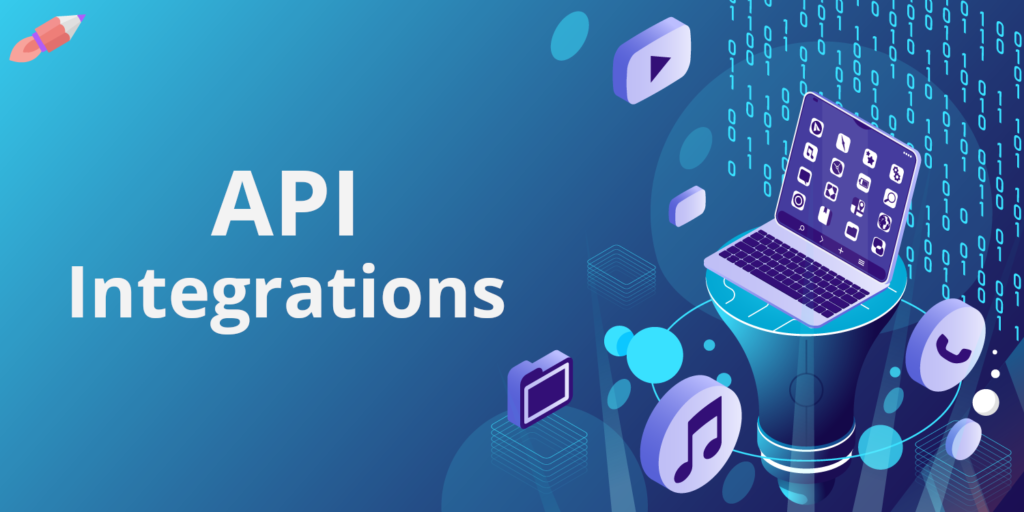
3rd party API integrations refer to the process of connecting two or more software systems through a third-party application programming interface (API). This integration allows different software systems to work together and share data and functionality in a seamless manner. API integrations have become increasingly important for businesses looking to streamline their operations and improve productivity. Here are some key aspects of 3rd party API integrations to consider:
Integration Process The integration process involves identifying the systems that need to be connected, understanding the data and functionality that needs to be shared, selecting the appropriate third-party APIs, and implementing the integration. The process can be complex and may require the services of an experienced developer or a team of developers.
Benefits of 3rd Party API Integrations Integrating software systems using third-party APIs has numerous benefits for businesses. Some of these benefits include:
Improved efficiency and productivity: Integration of software systems can streamline business processes and improve overall efficiency and productivity.
Better data accuracy: API integrations allow for the real-time transfer of data, reducing the chances of errors associated with manual data entry.
Enhanced customer experience: Integrating customer-facing systems can improve customer experience and satisfaction, leading to increased loyalty and repeat business.
Challenges of 3rd Party API Integrations Despite the many benefits of 3rd party API integrations, there are also some challenges to consider. These challenges include:
Security risks: Integrating software systems through third-party APIs can expose businesses to security risks if the APIs are not properly secured.
Integration costs: The cost of integrating software systems using third-party APIs can be high, especially if the systems being integrated are complex.
Compatibility issues: The integration process may face compatibility issues if the software systems being integrated are built on different platforms or use different programming languages.
Best Practices for Successful 3rd Party API Integrations To ensure a successful 3rd party API integration, businesses should follow best practices such as:
Clearly defining integration goals and requirements.
Choosing third-party APIs that are reliable, secure, and provide the required functionality.
Ensuring proper testing and quality assurance of the integration.
Monitoring the integration to identify and address any issues promptly.
Overall, 3rd party API integrations can offer many benefits for businesses looking to streamline their operations and improve productivity. However, the integration process can be complex, and businesses should carefully consider the benefits and challenges before undertaking an integration project. By following best practices, businesses can successfully integrate software systems using third-party APIs and unlock the full potential of their technology investments.





















































